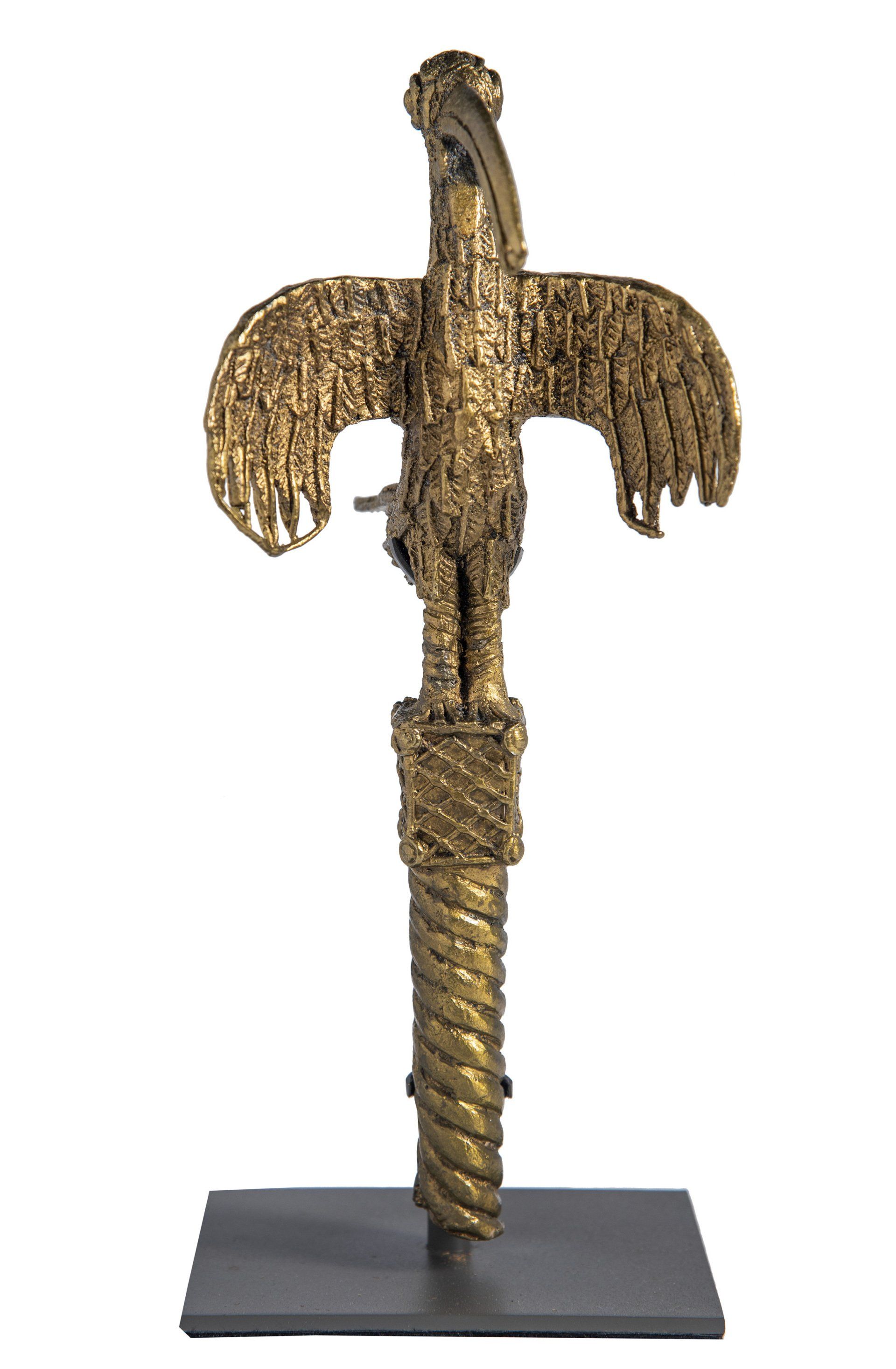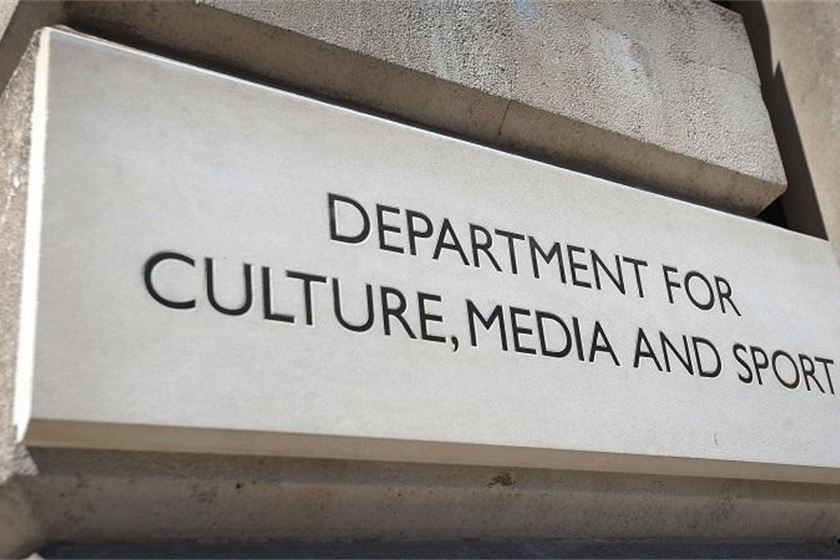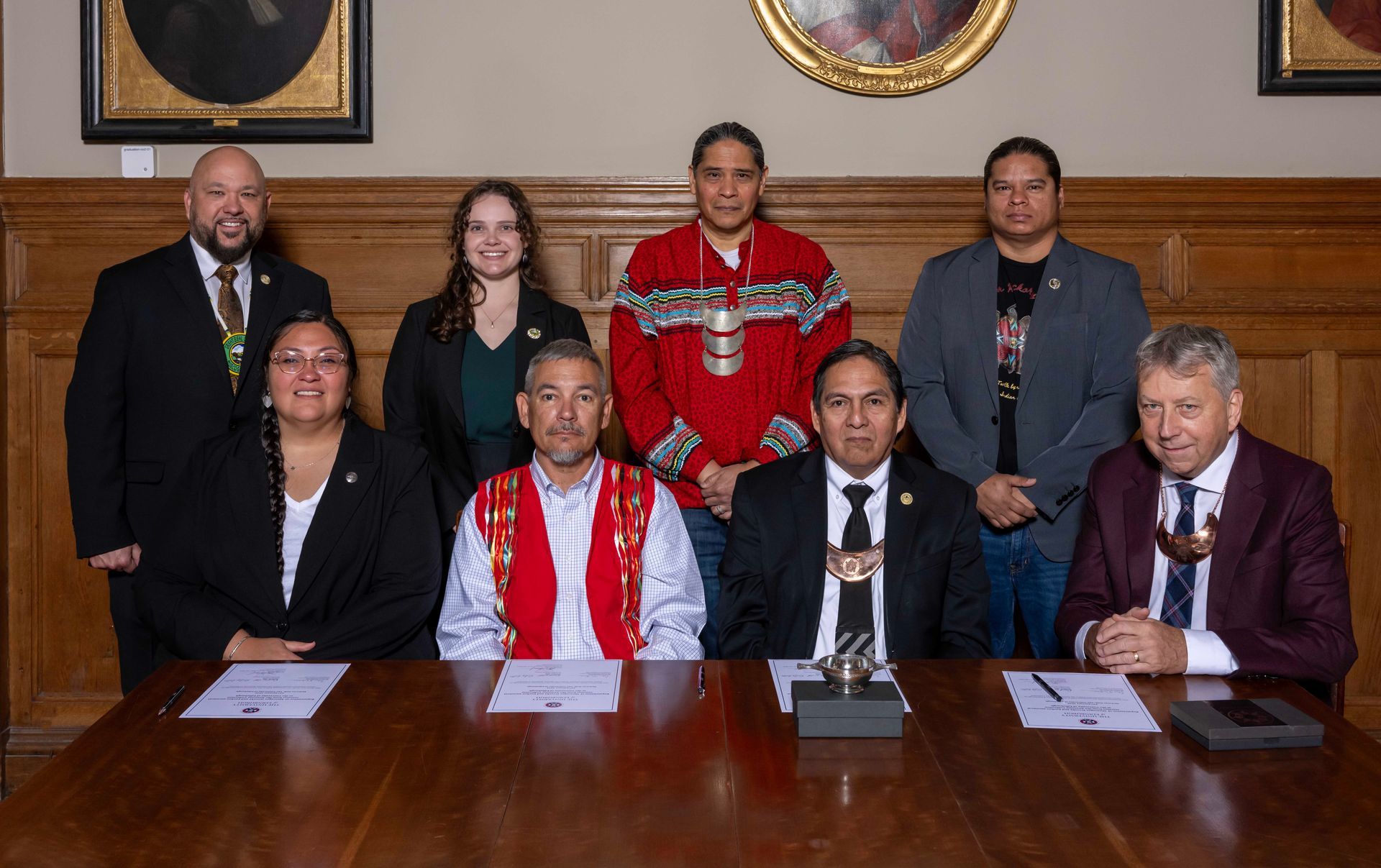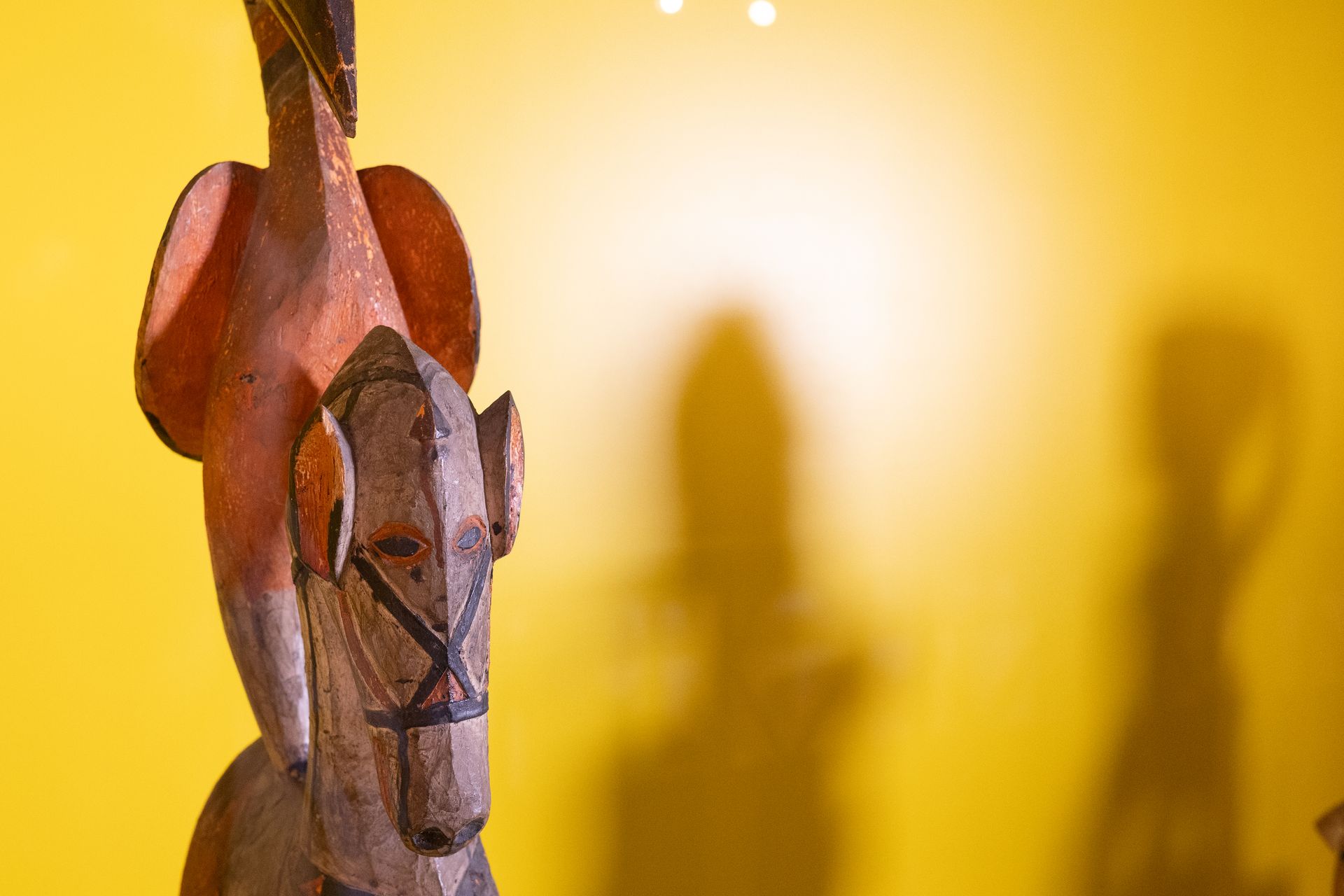Cultural Restitution
SHARE ARTICLE
After a fourteen-year interval, Glasgow City Council has agreed to reinstate a Working Group for Repatriation. They’ve also agreed to convene talks with the relevant Nigerian organisations about the possible repatriation of eight Benin artefacts now held in Glasgow collections.
The initiative is being spearheaded by Cllr David McDonald, deputy leader of the council and chairman of Glasgow Life, the organisation whose brief involves running the city’s museums. The agreement he secured last Thursday to re-establish a cross-party Working Group for Repatriation and Spoliation will once again provide the city's collections with an “informed civic forum” through which recommendations for repatriation can be channelled.
Eight of the Benin artefacts under the city’s spotlight are all directly connected with the looting that took place at Benin City in 1897. The provenance of another 21 items is less clear, with some of them provisionally attributed to the 19th century. Nevertheless, the Council’s report suggests all these items could be the subject for potential repatriation, “should the Benin Royal Family so wish”.
The initiative also includes uploading photographs of all these objects onto Digital Benin, the digital platform that provides museums and academics with an online global resource for sharing Benin artefacts.
Glasgow’s leadership in establishing a formal process for handling restitution requests goes back to 1990 when the City Council agreed to return a collection of human skulls collected from North Queensland, Australia. The event became the first recorded repatriation in Scotland.
After this repatriation, the city began receiving further claims for returning artefacts, leading the Council’s Arts and Culture Committee to set up Glasgow’s first cross-party Working Group in 1998. This Group's brief was to consider the wider ethical issues of restitution and how the Council should respond to this potentially complex issue. The carefully structured process they devised concluded in a Public Hearing in November 1998 when the Council agreed to return a sacred Ghost Dance shirt, believed to have been worn at the Battle of Wounded Knee in 1890 and still considered sacred by the Lakota Sioux Indian community of South Dakota. Glasgow believes this was the first artefact to be returned from a European museum to an indigenous community.
Since 1990 the Council has approved six of the nine requests made for repatriation. An appeal was made in 1996 by the late Bernie Grant MP to repatriate the city’s collection of Benin Bronzes, but it was unsuccessful, probably because the city still lacked a formal process for repatriation.
Glasgow’s first Working Group last met in 2007. But since then much has changed and “the arguments against repatriation are getting weaker and weaker”, explained Cllr McDonald. However, this second Working Group will adopt the same structured approach, with clear terms of reference, a channel for the escalation of enquiries to the Council and a transparent governance process. Once again, all recommendations for repatriation will be signed off by the City’s Administration Committee.
“Glasgow will continue to build on its established approach to restitution,” explained Cllr McDonald, “founded on constructive engagement, with the people of Glasgow and the descendent communities or nations making the request, to support each individual situation”.
With Aberdeen University along with other UK and European collections already committed to returning looted Benin artefacts, it seems very likely the reinstatement of the new Working Group will lead to the return of Glasgow’s Benin Bronzes. They expect the entire process will take one to two years.
But to where should the Bronzes be returned? Glasgow Life says it has already established a “pathway of communication” with the Royal Family of Benin, which enables them to begin a formal dialogue with the Oba of Benin. However, they also expect to draw on the support of the consortium known as the Benin Dialogue Group, a grouping of western museums that favours negotiating with representatives of the proposed new Edo Museum of West African Art. As we reported earlier, the current Oba of Benin and the Governor of Edo State, Governor Obaseki, are presently supporting different initiatives. Until their wrangling is resolved and a single destination agreed, it's hard to see Glasgow returning the Bronzes to either.
There's still much for the new Working Group to resolve. But their ambition and process should be applauded.
Photo: Lost wax cast bronze head of an Oba of Benin. 19th cent.
All photos courtesy of Glasgow Museums
After this was written....
In January 2022 Glasgow Life received a formal request from Nigeria to repatriate the 29 Benin objects presently in Glasgow museum collections. The request will be passed to Glasgow City Council's cross-party Working Group for Repatriation and Spoliation for their consideration. The Group will consult with the Oba of Benin, Nigeria's National Commission for Museum and Monuments, as well as local diaspora groups, a process they expect will take two years.




